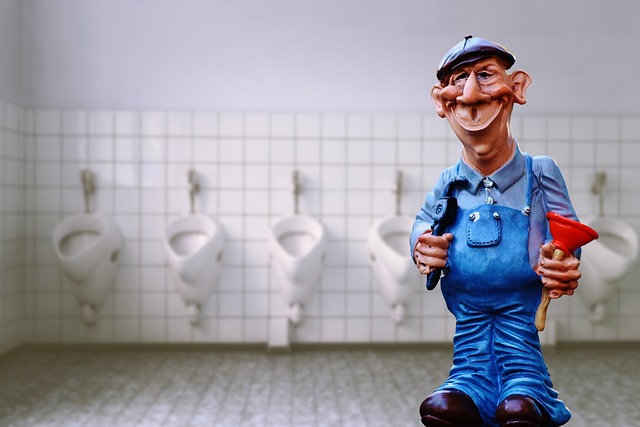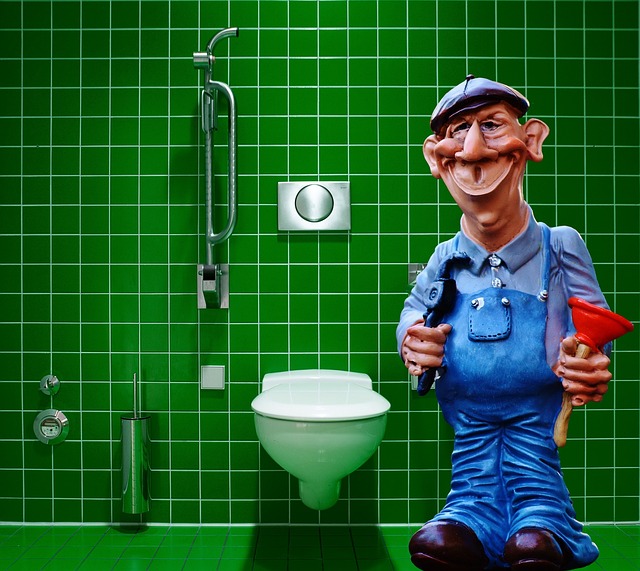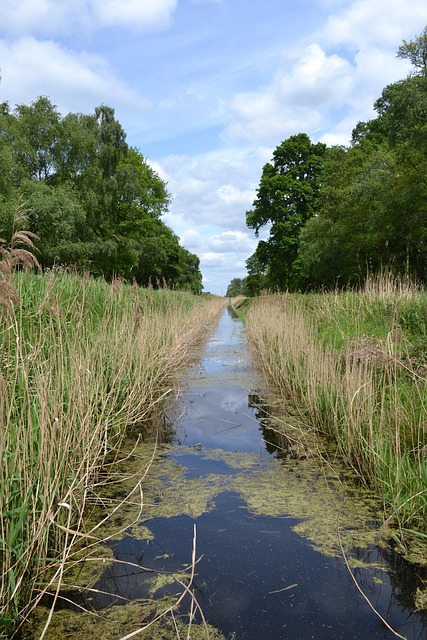Unusual noises and slow drains are Signs of a Clogged Drain indicating potential severe plumbing issues. Homeowners often overlook these initial signals, but ignoring them can cause damage to pipes and lead to costly repairs. Preventative measures like using drain covers, avoiding grease disposal, and regular cleaning are crucial to avoid clogged drains.
Are you tired of dealing with slow-draining sinks or showers? Do you often overlook mysterious plumbing issues? This article sheds light on the subtle signs of a clogged drain, often missed by homeowners. We explore unusual noises and persistent clogs, revealing how everyday habits contribute to drain blockages. Learn to identify these hidden indicators and gain insights into preventing future clogs, ensuring your home’s plumbing remains smooth-running. Uncover the secrets behind those sneaky blocked drains!
- Recognizing Unusual Noises and Slow Drains
- Identifying Persistent Clogs and Bad Smells
- Understanding the Impact of Everyday Habits on Drain Clogs
Recognizing Unusual Noises and Slow Drains

Unusual noises coming from your drains can be one of the most telltale signs of a clog. If you’ve noticed gurgling sounds or water spouting back up into the sink or tub after you’ve turned off the faucet, it’s likely that debris is blocking the flow of water. Slow drains are another common indicator—if water takes an unusually long time to drain away, especially after flushing the toilet or running a load of dishes, there might be a buildup of hair, grease, or other materials causing a clog.
These signs can often be overlooked because they may seem like temporary issues. However, addressing them promptly is crucial to prevent more severe plumbing problems down the line. Ignoring these initial signals could lead to costly repairs and potential damage to your pipes.
Identifying Persistent Clogs and Bad Smells

Many homeowners often ignore persistent clogs and bad smells as mere inconveniences, attributing them to minor kitchen or bathroom activities. However, these could be subtle signs of a clogged drain that requires immediate attention. A blocked drain doesn’t always manifest in obvious ways; sometimes, it’s hidden beneath the surface. For instance, if you notice that your drains are taking longer than usual to clear after flushing the toilet or running the dishwasher, it could indicate a growing clog. Similarly, bad odors emanating from drains suggest that waste is not flowing freely, potentially due to accumulated grease, food particles, or other debris.
While occasional slow drains might be normal, recurring issues should raise alarm bells. If you find yourself constantly dealing with blocked drains and no amount of plunging seems to help, it’s time to investigate further. Ignoring these signs can lead to more severe clogs that result in flooding and even damage to your plumbing system.
Understanding the Impact of Everyday Habits on Drain Clogs

Many homeowners often overlook the subtle signs of a clogged drain, attributing them to minor inconveniences. However, understanding the impact of everyday habits is crucial in preventing and addressing these issues. Routine activities like pouring grease down the sink or using chemical cleaners excessively can lead to severe clogs over time. Even small objects like hair, food scraps, and everyday household items can accumulate and create blockages if not disposed of properly.
Recognizing the signs early on, such as slower drainage or unusual noises, is key. These indicators often go unnoticed, allowing clogs to grow more significant. By adopting simple practices like using drain covers, avoiding pouring grease, and regularly cleaning catchments, homeowners can prevent costly plumbing issues.
Many homeowners often overlook subtle signs of a clogged drain, such as unusual noises or slow drainage. However, recognizing these indicators early is crucial for preventing more severe clogs and the associated damage. By understanding the impact of everyday habits and identifying persistent clogs or bad smells, you can navigate away from costly plumbing emergencies and maintain a smooth-flowing home. Keep an eye out for these sneaky signs of a clogged drain, and take proactive steps to keep your pipes clear.
